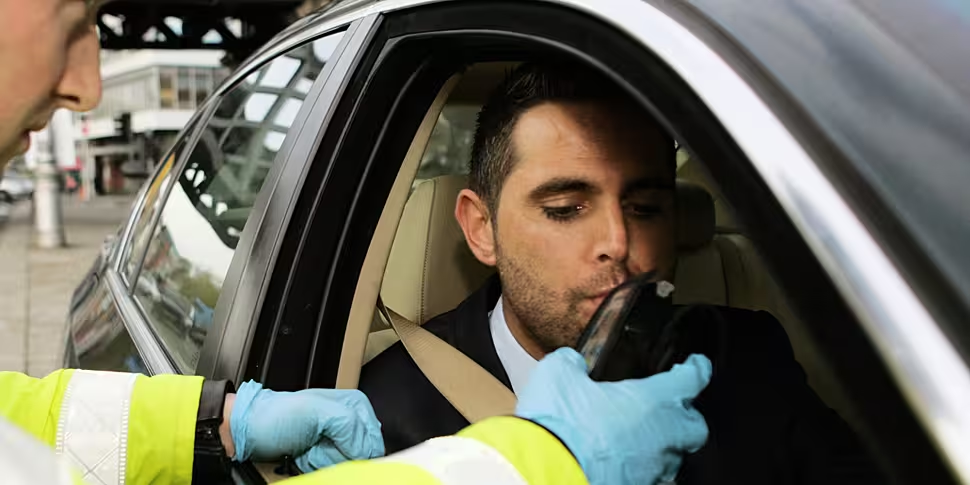The lack of Garda checkpoints has seen a softening in people's attitudes to drink-driving, motoring expert Ger Herbert has warned.
Some 103 people have died on Irish roads so far this year – up from the 89 deaths recorded in the same period last year.
Sunday Independent Motoring Editor Geraldine Herbert believes the law is no longer deterring people from driving under the influence.
Nearly three-quarters of motorists surveyed earlier this year agreed that 'most of my acquaintances/friends think driving under the influence of alcohol is unacceptable'.
In comparison 85% of drivers surveyed agreed with this statement in 2019, which the Road Safety Authority (RSA) calls a "concerning decline."
Ms Herbert told Newstalk Breakfast she believes enforcement is the key.
"Three-quarters of drivers found [drink-driving] unacceptable whereas 85% surveyed in 2019 thought it was unacceptable, so we're definitely moving towards a different space," she said. "I wonder how much it has to do with enforcement?
"At the same time, the number of alcohol breath tests carried out at Garda checkpoints last year dropped by half in comparison to pre-pandemic levels."
Ms Herbert said there may be link between the drop in checkpoints and a “softening of attitudes”.
“Also, with the current rise in road deaths, again we know enforcement is down, we know road policing numbers are down, so it is hard not to draw that correlation.”
Drink-driving campaigns
Ms Herbert said trying to target people is getting more difficult with different social media channels and less people watching TV.
"In fairness to the RSA (Road Safety Authority) over the last 12 months, they really have thought about these very targeted campaigns and they've campaigns very late at night targeting young drivers who might be in their car and hear these things," she said.
"I think it's just become very difficult for marketing people, for advertising and we know this across the board.
"There is just so much competition for people's attention it's very difficult to target them.
"It comes back to enforcement - the real risk of getting caught is what modifies behaviour".
Ms Herbert added that she has a breathalyser in her home which she uses the next morning "if people are staying overnight".
Some 11% of all fatal car crashes in the early morning are alcohol-related.
Listen back here:









